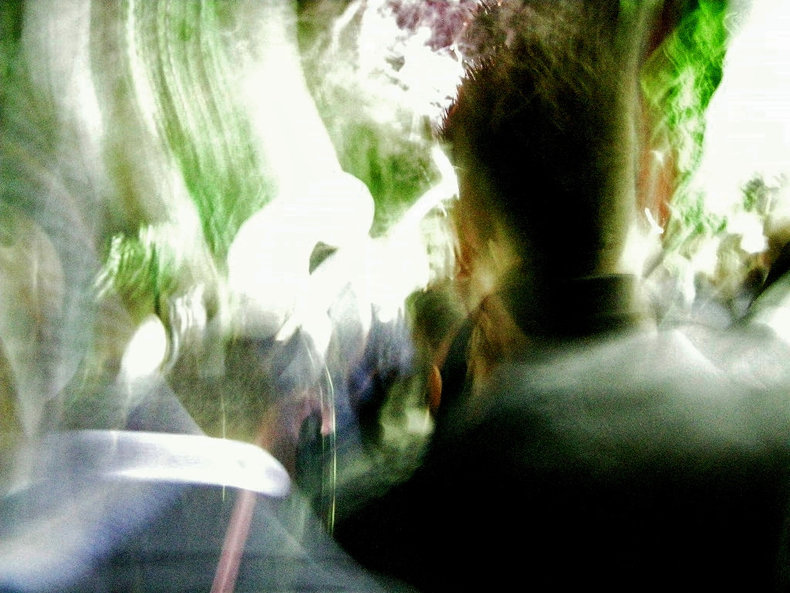
Norms
Anomie can occur in a society that lacks norms such as expectations, symbols, shared meaning and standards of behavior. It can also occur in a society in which norms are too rigid such that people don't identify with them. A third scenario is an environment of rapidly changing norms whereby people accept this change or react to this change in a wide variety of ways that produces divisions in society.Result
Man cannot become attached to higher aims and submit to a rule if he sees nothing above him to which he belongs. To free him from all social pressure is to abandon him to himself and demoralize him.― Emile Durkheim, Suicide: A Study in SociologyAnomie is typically described as a dark state that produces apathy, detachment and a lack of moral compass. It makes it more difficult to relate to others socially.
Individualism vs Collectivism
On a scale of individualism to collectivism, anomie is pure individualism whereby people pursue their wants without any regard to others or ability to enjoy shared experiences or pursue shared meaning.Subcultures & Super Cultures
Individuals who experience a sense of anomie may seek community in subcultures and super cultures. Super cultures are large cultures that exist at the global level such as the culture of a major sport. Subcultures are smaller self-organizing groups that develop shared meaning and experiences around causes, activities, hobbies and interests. For example, volunteer work may provide a sense of purpose and shared meaning that defeats anomie.| Overview: Anomie | ||
Type | ||
Definition | ||
Also Known As | Normlessness | |
Attributed to | Emile Durkheim | |
Related Concepts | ||



























